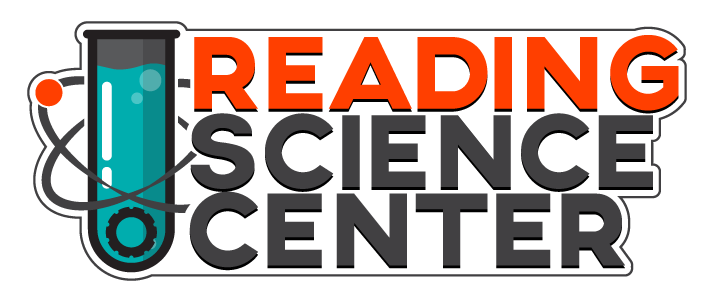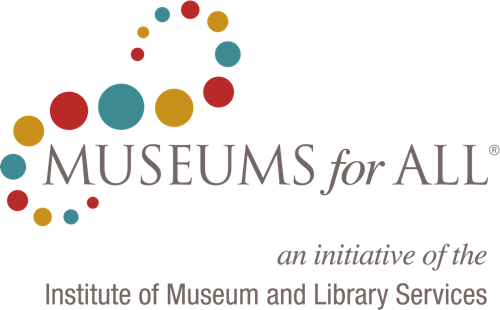
Sisters in STEM Program Overview
The Sisters in STEM (SIS) after school program at the Reading Science Center offers girls in grades 4-6 a unique opportunity to dive into science through interactive lessons and hands-on experiments. Each session focuses on topics like chemistry, engineering, physics, and more, encouraging participants to explore and discover the world of science. Beyond classroom activities, the program includes local field trips that reveal real-world applications of science, enhancing participants’ understanding of how science connects to the world around them. The program meets weekly on Wednesdays from 4:30- 6 PM and is provided free of charge, welcoming a new generation of girls eager to build their confidence and skills in STEM fields.
Connecting with local Women in STEM
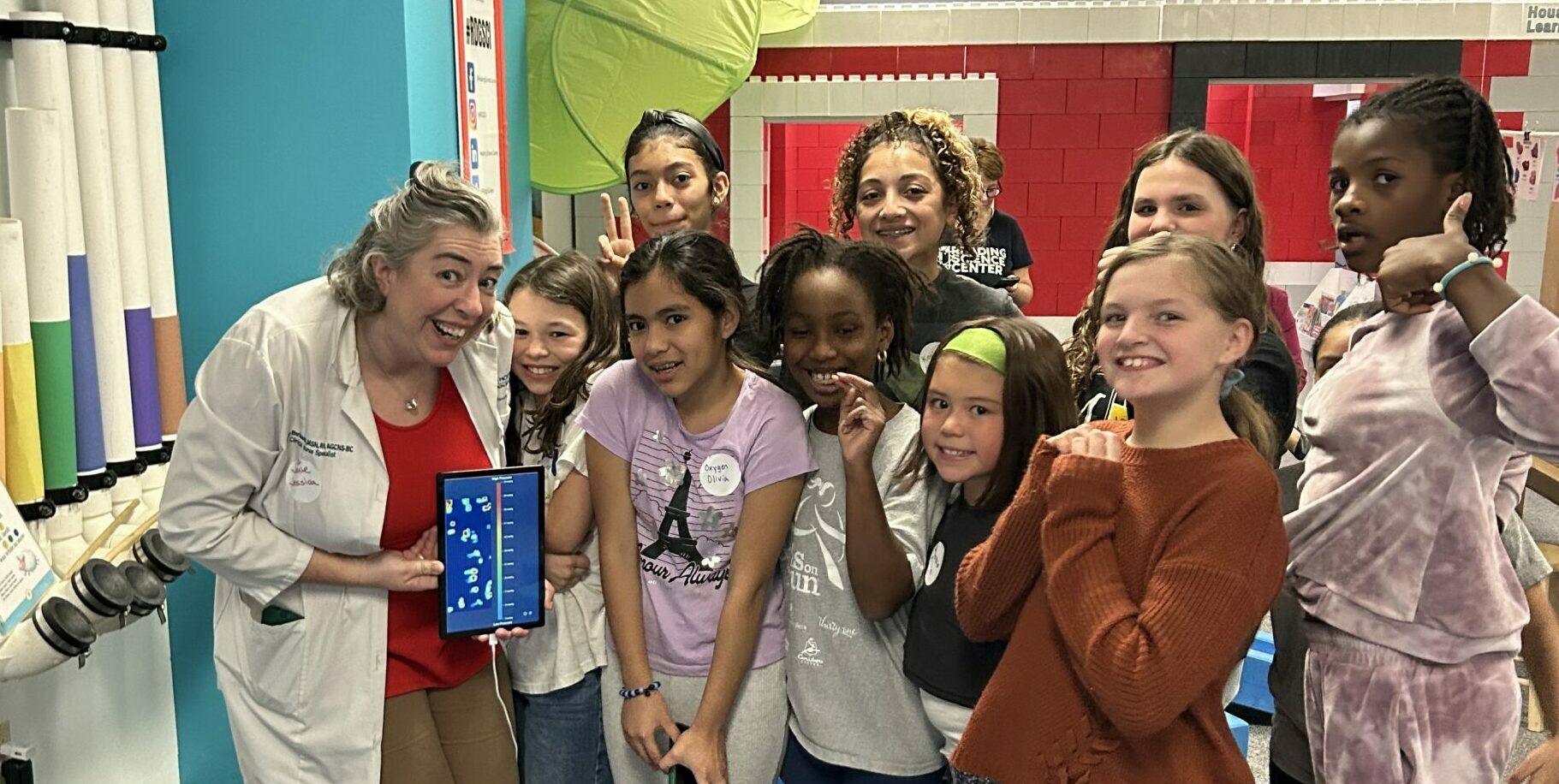
Sisters in STEM brings inspiring women from our local science community to the Reading Science Center to meet with participants, share their experiences, and lead special projects. Past guest speakers have included educators, engineers, wildlife specialists, meteorologists, and more. These role models showcase the diversity of STEM careers and encourage the girls to envision their futures in these fields.
Visiting Scientists and Engineers From Past Years
Melissa Acosta, educator, Berks Nature
Bethany Ayers-Fisher, sustainability manager, City of Reading Public Works
Madhu Badri, medical intern, Drexel Health
Dianne Benson, electrical engineer
Jessica Borthwick, nurse, Tower Health
Jemima O. Constanza, MD candidate, Drexel University College of Medicine
Ian Cost, assistant professor of biology, Albright College
Erin Daily, research chemist, East Penn Manufacturing Co.
Dr. Ashley de Marchena, psychology and neurodiversity
Kaley Egan, Red Creek Wildlife Center/Fish, Wildlife and Conservation
Stephanie Gilbert, radiologist, Tower Health
Kayln Hess, engineer intern
Dr. Kazempour, associate professor of science education/coordination of sustainability, Penn State Berks
Kellie McGlynn, meteorologist, WFMZ
Brittany Potter, limnologist
Alexis Price-Moyer, MD candidate, Drexel University College of Medicine at Tower Health
Rainey Rosemond, dairy extension educator
Kaylie Rowe, pre-vet major, Albright College, Humane PA volunteer
Dr. Michelle Serapiglai, assistant professor of biology, Alvernia University
Kaite Shafer, research chemist, East Penn Manufacturing Co.
Jeannie Sikora, senior energy engineer, CLEAResult
Jamie Snitzer, MG Architects
Chrissy Walsch, virologist
Avshi Weinstein, violin maker
Engaging Science experiences
Each week, SIS participants explore a different scientific concept with the guidance of experienced educators and guest speakers from various science fields. Some of the favorite experiments and lessons from recent years include:
- Chemistry Creations: Exploring chemical reactions, such as acids vs. bases, rainbow indicators, and instant snow.
- Engineering Adventures: Designing towers, testing circuits, and exploring conductor vs. insulator properties.
- Biology Basics: From plant dissections to owl pellet exploration, SIS provides hands-on biology experiences.
- Physics in Action: Building density towers, testing buoyancy, and experimenting with energy transfer.
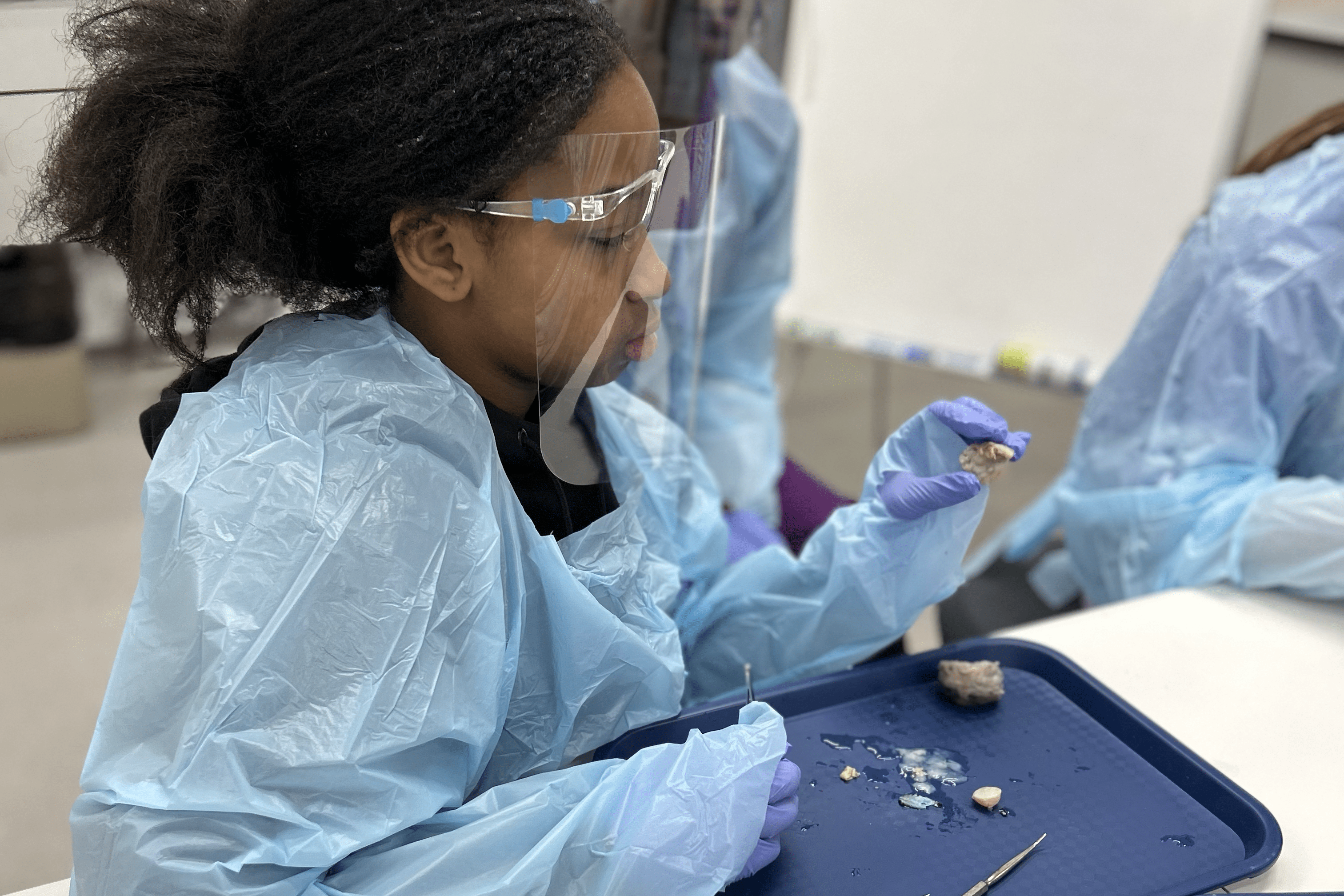
Field Trips From Past Years
2023-2024
- Drexel University College of Medicine
- Berks Nature
2022-2023
- Berks Nature
- Reading Public Museum Neag Planetarium
- Drexel University College of Medicine
2021-2022
- STEAM trip to GoggleWorks
- Aquaponics Lab
- Science Research Institute (now Total Experience Learning®)
Meet “Nova” Nylise: From SIS Participant to Big SIS Mentor
Nylise, or “Nova” Nylise as she’s known at the Reading Science Center, has been part of the Sisters in STEM program since she was in fifth grade. Nylise is not only a passionate science enthusiast but also the first-ever “Big SIS” mentor, inspiring younger girls to embrace science. Through her journey from participant to mentor, Nylise embodies the spirit of empowerment, community, and curiosity that defines Sisters in STEM. Discover her story and the impact of this incredible program!
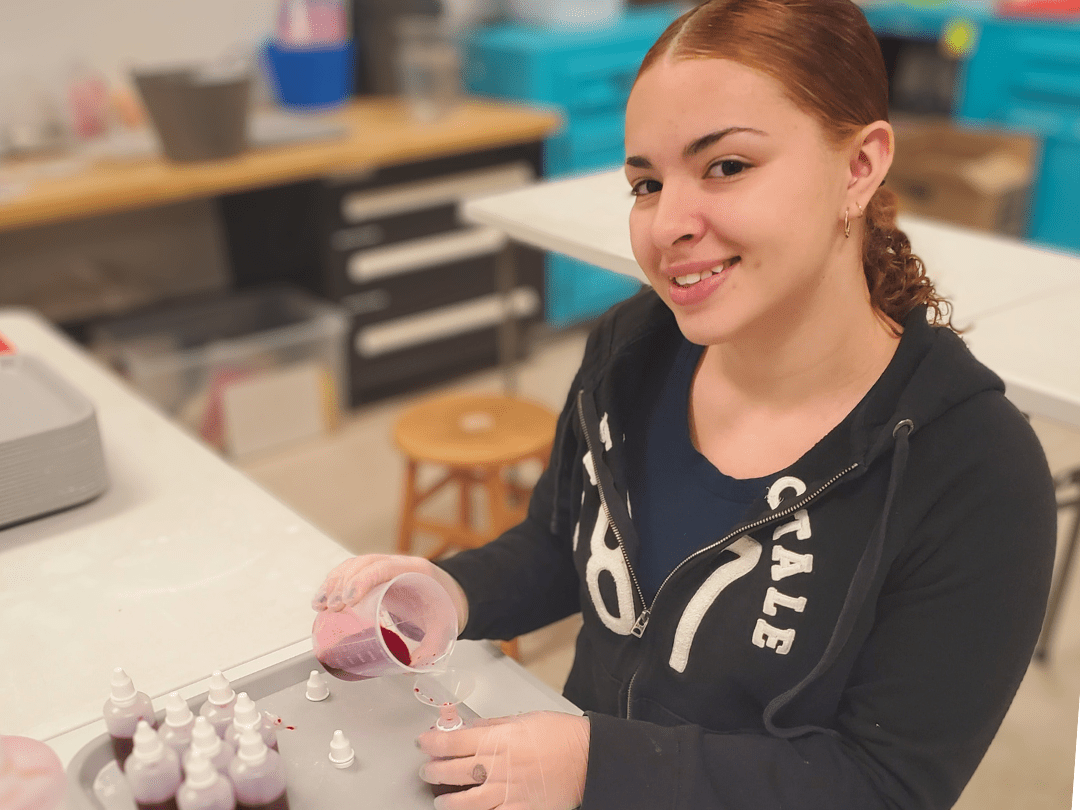
Calling All Young Scientists: Join Sisters in STEM!
Are you a 4th, 5th, or 6th grade girl in the greater Reading area with a passion for science? Ready to join a community of young scientists as a Sister in STEM? Click below to apply!

